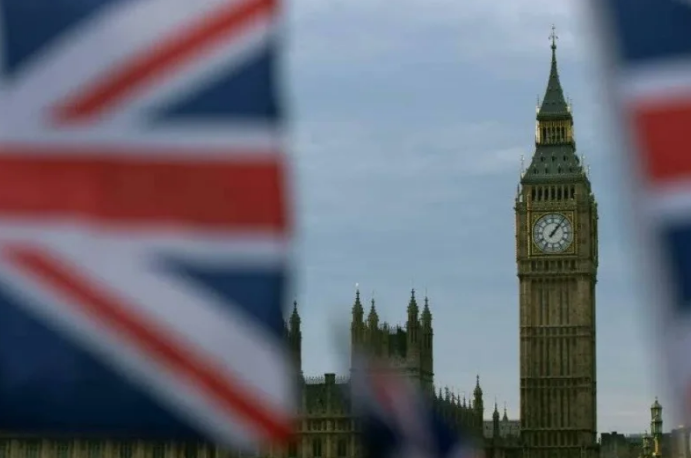Net migration to the United Kingdom dropped by nearly 50 percent in 2024, according to new data released by the Office for National Statistics (ONS), marking the most significant annual decrease since the COVID-19 pandemic.
The ONS estimated net migration at 431,000 for the year ending December 2024, down sharply from the record 860,000 the previous year. The decline follows a series of government policy changes aimed at tightening the country’s immigration system, particularly targeting work and student visas.
The report highlighted a notable reduction in the number of people arriving on work and study visas, as well as a rise in emigration among those previously holding such permits. Analysts attribute the shift to stricter rules introduced in 2023, including higher salary thresholds for skilled workers and a ban on international students bringing dependents.
The figures come at a politically sensitive time, as immigration remains a central issue ahead of the next general election. Prime Minister Keir Starmer, who took office last year, has made border control a key focus of his administration. Earlier this month, he introduced new immigration measures aimed at curbing legal migration, including reducing the number of foreign care workers and extending the time migrants must reside in the UK before applying for permanent residency.
“We are committed to restoring public confidence in the immigration system,” Starmer said during a press briefing. “The British people want an immigration policy that is fair, firm, and under control.”
The government also announced new powers to expedite the deportation of foreign nationals convicted of crimes, part of what Starmer called a broader effort to ensure “security and sovereignty.”
Starmer, a former human rights lawyer and longtime supporter of EU membership, has faced increasing pressure from both within his party and from the right. The anti-immigration Reform Party made notable gains in local elections earlier this year, capitalizing on public dissatisfaction with what they call “broken promises” on migration control.
While the drop in net migration may be seen as a political win for the government, experts warn that cutting work visas—especially in sectors like health and social care—could strain essential services.
The ONS is expected to release more detailed demographic breakdowns in the coming weeks, which will provide a clearer picture of how the new policies are reshaping the UK’s migrant population.


